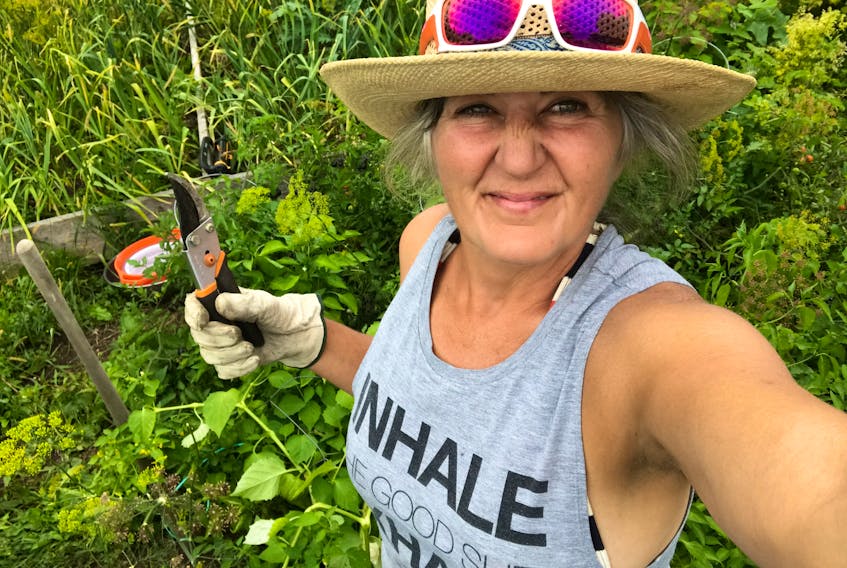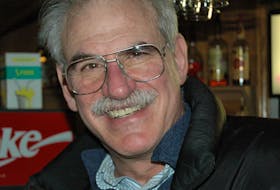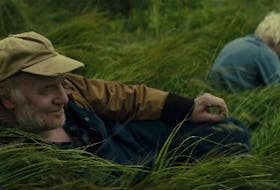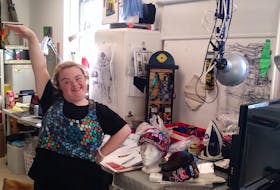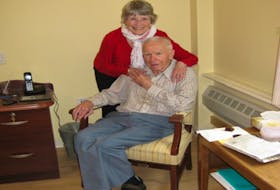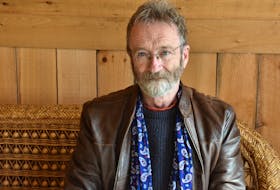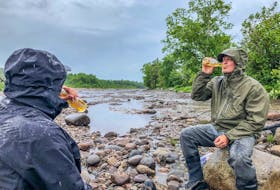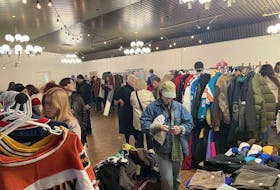With more at home time on our hands back in spring, it seemed like everyone I talked to in June had put in a raised bed, a pandemic patch, a victory garden, or planted in containers. Whatever they called it, the theme was the same; they were growing food. This trend was reflected at seed companies and garden centres who reported record sales and waits for orders.
Now that the traditional growing season is winding down, I thought it would be fun to check in with vegetable gardeners across the province to see if their gardens lived up to their expectations.
John DeMont, a columnist for the Chronicle Herald planted his own victory garden this spring, increasing the growing space in his home garden. “We planted a garden out of fear that the apocalypse was coming and if we couldn’t get toilet paper we surely couldn’t get vegetables and food and therefore quadrupled our beds,” he says. “The season was productive with the new gardens yielding huge crops of potatoes, spinach, kale, and beets.”
In spring, the pandemic was top of mind for Brenda Franklin, a vegetable gardener from Chester Basin. “As I had more time to devote to the garden, and believing COVID-19 could possibly limit available food in grocery stores, I approached the garden differently, wanting to grow vegetables I could freeze, store, ferment or pickle,” she says, noting that she planted more winter squash and pumpkins which can be stored for months.

There was an upside to pandemic gardening for Franklin, however. “I found that having more time in the garden gave me the opportunity to be more inspired and to play.” She grew red kuri squash up trellises and didn’t feel pressure to have ‘a perfect garden. “No visitors meant no judging, just me to please,” she says.
And while the summer growing season is coming to a close, Franklin continues to sow seeds for hardy vegetables. She uses cold frames and mini hoop tunnels to shelter greens like spinach, arugula and lettuce.
Hannah Munday, of Hatchet Lake and a council candidate for District 11 returned to vegetable gardening this year, citing COVID-19 as the reason. “My home daycare was closed and my husband was laid off; with the kids home too, we were definitely looking for projects to safely pass the time,” she says. “Our old veggie garden had been fallow for years, so just digging out the weeds and getting it ready for planting took days, but it was physically and mentally satisfying work.”
Munday’s garden became a family project with the kids (15, 12, and eight) all pitching in with planting, weeding, and watering. “As the veggies started to come in, I'd send them out to gather whatever they could find to put in our dinners.” Which turned out to be quite a bit as they enjoyed plenty of rhubarb, peas, carrots, potatoes, and green onions. Their three tomato plants are heavy with fruits which Munday is hoping still have time to ripen.
Julie Glaser of Garland has been gardening on North Mountain for a decade, but a concussion two years ago left her physically unable to garden. “When COVID hit, I made plans for my victory garden and as soon as I could work the soil this spring, I put the garlic in and crossed my fingers,” she says.
Glaser also started seeds indoors (basil, tomatoes, and other herbs) and built two new beds to "beef up production."
“The basil has been incredible and I’ve picked it three times for pesto and a forth flush is growing again,” she says.
And the garlic, which was planted later than Glaser would have liked, has been left in the garden to size up. “I pulled one out to see what was happening and, ta-da, giants!” says Glaser, adding that she now has about 250 garlic plants to harvest and cure.
Plus, her freezer is now full and she has more vegetables and herbs yet to process. “Overall, it’s been a great year for growing, and health-wise for my brain injury,” she says, “A great restorative comeback.”
Niki Jabbour is the best-selling author of three gardening books, and a two-time winner of the prestigious American Horticultural Society Book Award. Find her on social media and at SavvyGardening.com.

